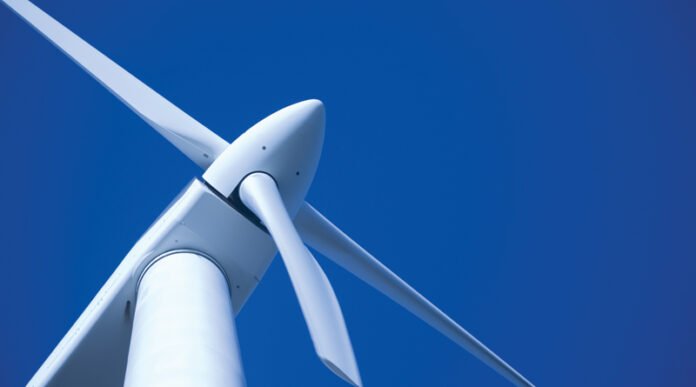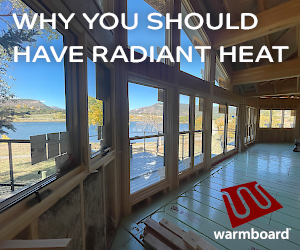When customers shift to renewable energy, contractors can benefit from Colorado State’s sales and use tax exemption on components used to produce energy from renewable sources or in biogas production systems.
The exemption applies to the production of alternating current electricity from a renewable energy source. An exemption for the production of biogas for sale to a power generator expired in July 2019.
RELATED: Green Homes are Designed to Address Today’s Environmental and Energy Challenges
Electricity production
Components used in the production of alternating current electricity from a renewable energy source, including but not limited to wind, are exempt from sales and use tax.
The Colorado Department of Revenue Taxation Division lists several types of qualifying components, but notes that this list is not exclusive. More information can be found in the tip sheet, “Sales 83: Components Used to Produce Energy from Renewable Sources or in Biogas Production Systems.”
Qualifying Components
- Wind turbines
- Rotors and blades
- Solar modules
- Trackers
- Generating equipment
- Supporting structures or racks
- Inverters
- Towers and foundations
- Other system components such as:
- wiring
- control systems
- switchgears
- generator step-up transformers
- Concentrating solar power components such as:
- mirrors
- plumbing
- heat exchangers
Other resources
The Department of Revenue also offers a form, DR-1002, that lists the sales and use tax rates for all Colorado cities, counties and special districts. It lists which state-collected jurisdictions honor the Renewable Energy Components Exemption (Exemption “K”).
The DR-1002 also contains contact information for all self-collected jurisdictions. It is updated twice per year, generally in January and July.
The Department of Revenue addresses renewable energy tax exemptions in a specific Private Letter Ruling, PLR-11-009, regarding photovoltaic energy systems. PLRs are only binding for the recipient as there may be facts in the request that were not disclosed in the published version, but they provide some guidance for the general public.








